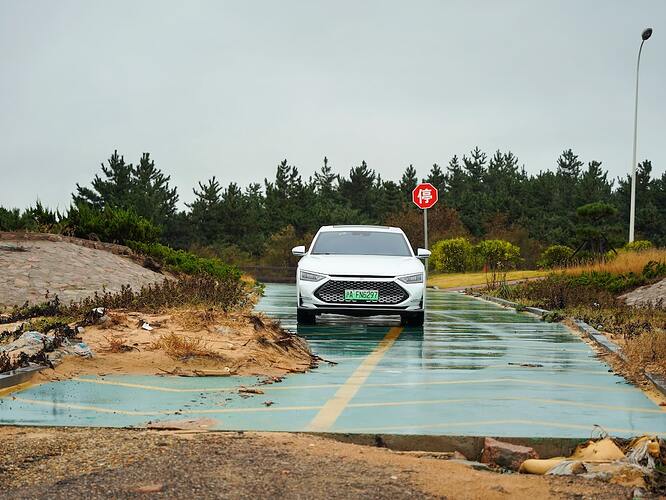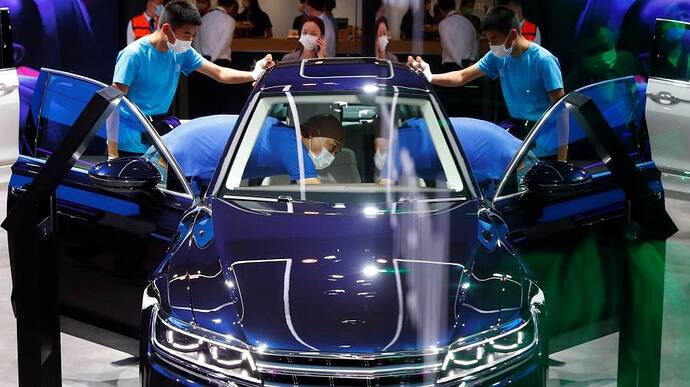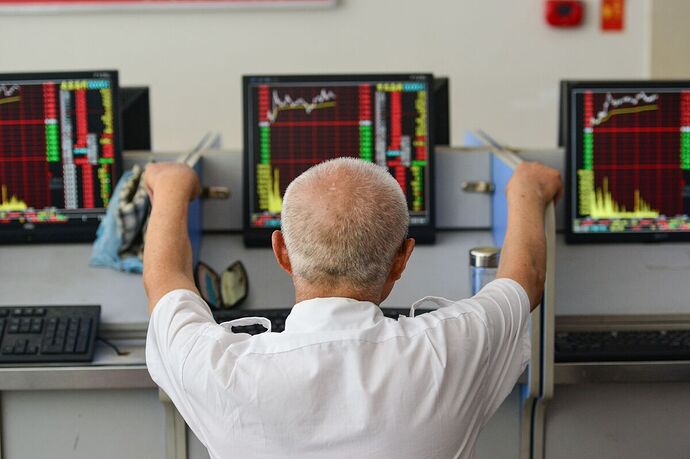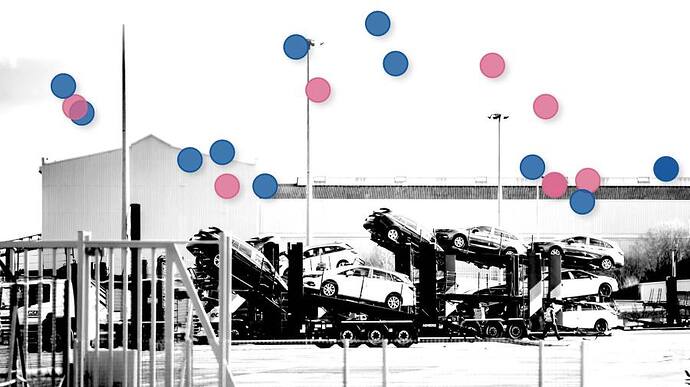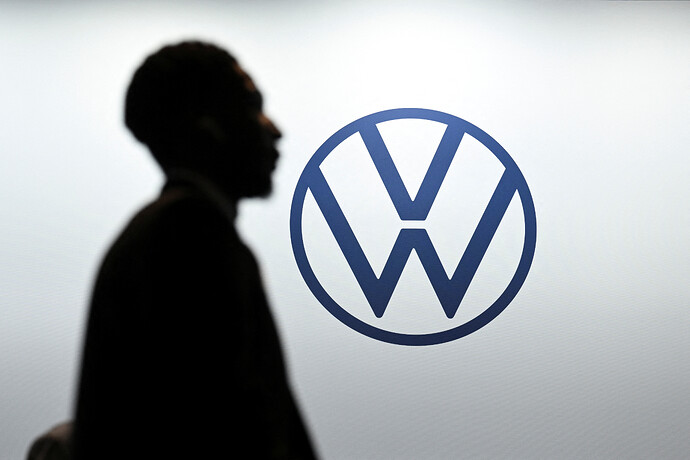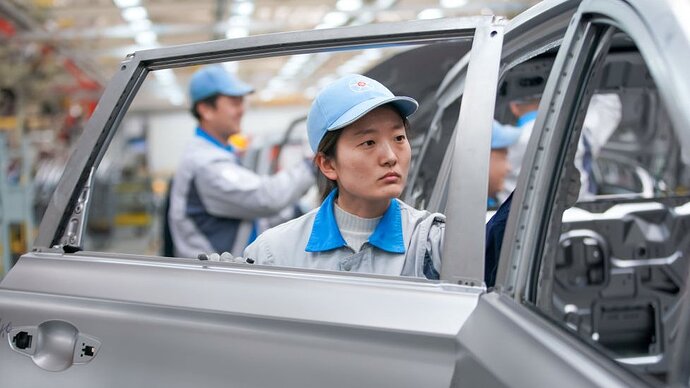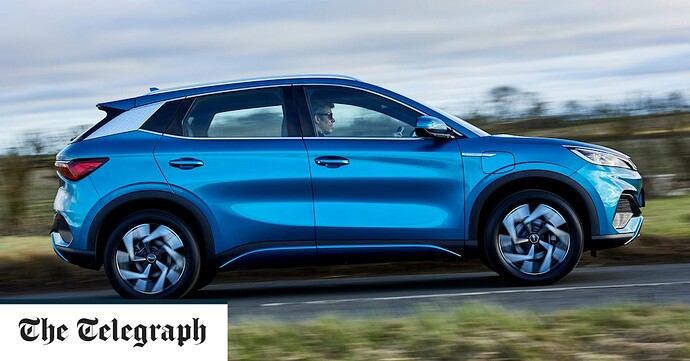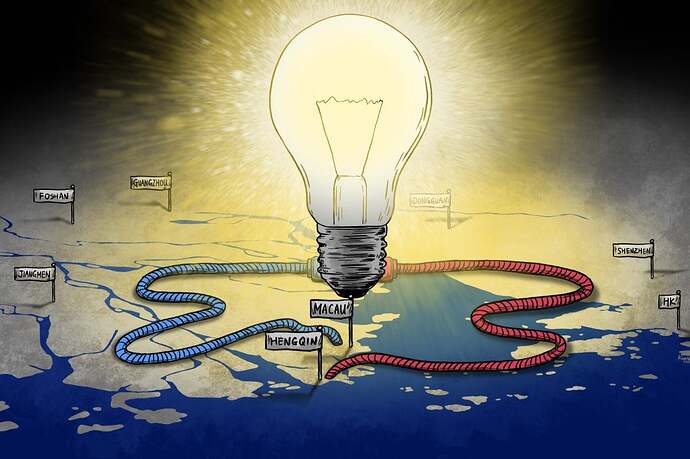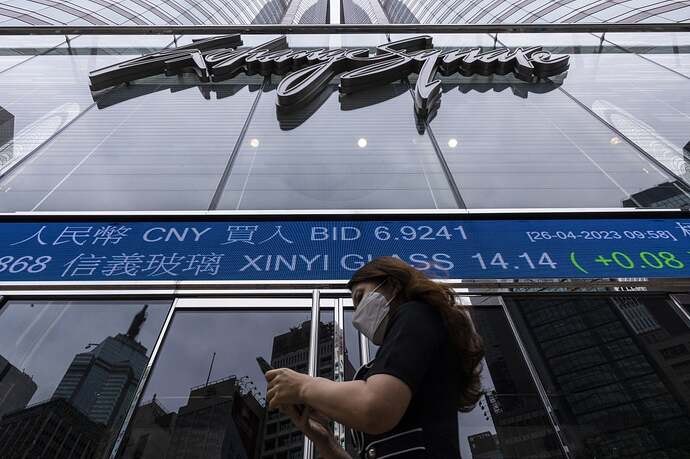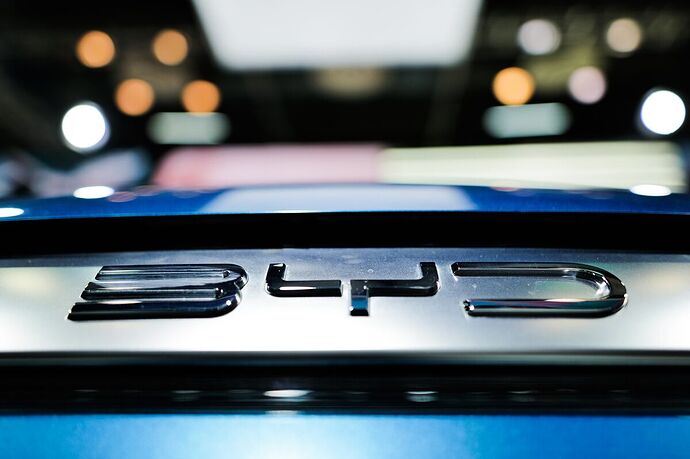BYD Company Limited is a Chinese car manufacturer that specializes in producing electric vehicles (EVs), traditional gasoline-powered vehicles, batteries, and energy storage systems. The company, founded in 1995, has become a global leader in the electric vehicle market, with a focus on sustainable transportation solutions.
History
BYD, which stands for Build Your Dreams, was founded by entrepreneur Wang Chuanfu in 1995. The company started as a manufacturer of nickel-cadmium batteries for mobile phones, but soon expanded into other markets, such as automobiles and solar energy.
In 2003, BYD entered the automotive market with the F3 sedan, which became one of the best-selling cars in China. In 2008, the company introduced its first electric vehicle, the F3DM, which was the world’s first mass-produced plug-in hybrid. The company continued to innovate and expand its electric vehicle lineup, with models such as the e6 and Tang.
Today, BYD is one of the world’s largest manufacturers of EVs and has partnerships with some of the world’s biggest car companies, such as Toyota and Daimler.
Products
BYD produces a wide range of vehicle types, from small passenger cars to buses and trucks. The company’s electric vehicle lineup includes the BYD e1, a small urban EV with a range of up to 186 miles on a single charge, and the BYD Tang, a mid-size SUV with a range of up to 373 miles.
In addition to electric vehicles, BYD also produces traditional gasoline-powered vehicles, such as the Qin and Song series, and specializes in building electric buses and trucks, which are popular with many public transportation agencies around the world.
BYD is also a major manufacturer of batteries, which are used in many applications, including electric vehicles, energy storage systems, and mobile devices. The company’s Blade Battery, which is a safer and more reliable design than traditional lithium-ion batteries, is used in many of its electric vehicles.
Sustainability
BYD’s focus on sustainability extends beyond its product offerings. The company is committed to reducing its carbon footprint and has set a goal to become carbon-neutral by 2025. To achieve this goal, BYD has implemented several initiatives to reduce its energy consumption and greenhouse gas emissions.
For example, the company has invested in renewable energy sources, such as solar and wind power, to power its manufacturing facilities. BYD has also implemented energy-efficient technologies in its production processes and has reduced the amount of waste it generates through recycling and other practices.
In addition, BYD is a leader in sustainable transportation solutions. Its electric vehicles reduce carbon emissions and improve air quality, making them an ideal choice for cities looking to reduce their carbon footprint and improve public health.
Global Presence
BYD’s commitment to sustainability and innovation has made it a global leader in the electric vehicle market. The company has operations in more than 50 countries and regions, including the United States, Europe, and Asia.
BYD North America, headquartered in Los Angeles, California, is focused on bringing sustainable transportation solutions to the American market. The company has partnerships with several U.S. cities to provide electric buses for public transportation and has also introduced its electric trucks to the U.S. market.
In Europe, BYD has established partnerships with major car manufacturers, such as Daimler and Renault, to develop electric vehicles for the European market. The company has also built a new electric bus factory in Hungary to meet the growing demand for sustainable public transportation in Europe.
Conclusion
BYD is an innovative and sustainable company that has become a global leader in the electric vehicle market. Its commitment to sustainability and electric mobility has made it an ideal partner for many companies and cities looking to reduce their carbon footprint and improve air quality. As the world transitions to a more sustainable future, BYD is well-positioned to continue leading the way in sustainable transportation solutions.
Disclaimer
6do Encyclopedia represents the inaugural AI-driven knowledge repository, and we cordially invite all community users to collaborate and contribute to the enhancement of its accuracy and completeness.
Should you identify any inaccuracies or discrepancies, we respectfully request that you promptly bring these to our attention. Furthermore, you are encouraged to engage in dialogue with the 6do AI chatbot for clarifications.
Please be advised that when utilizing the resources provided by 6do Encyclopedia, users must exercise due care and diligence with respect to the information contained therein. We expressly disclaim any and all legal liabilities arising from the use of such content.
